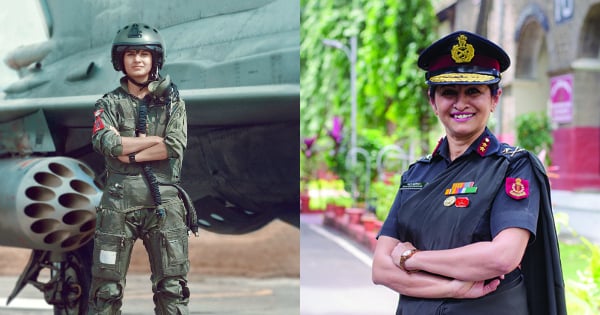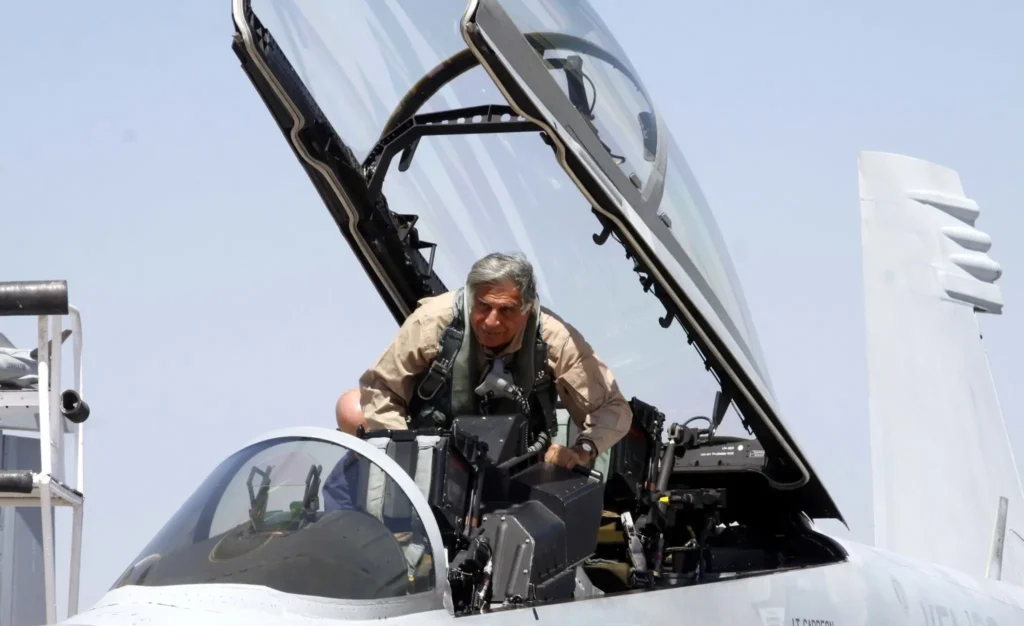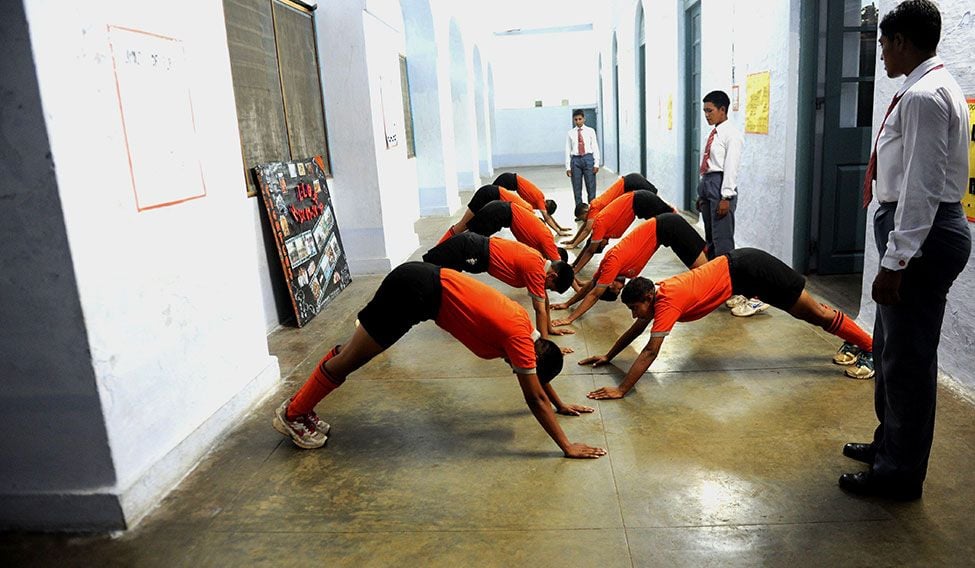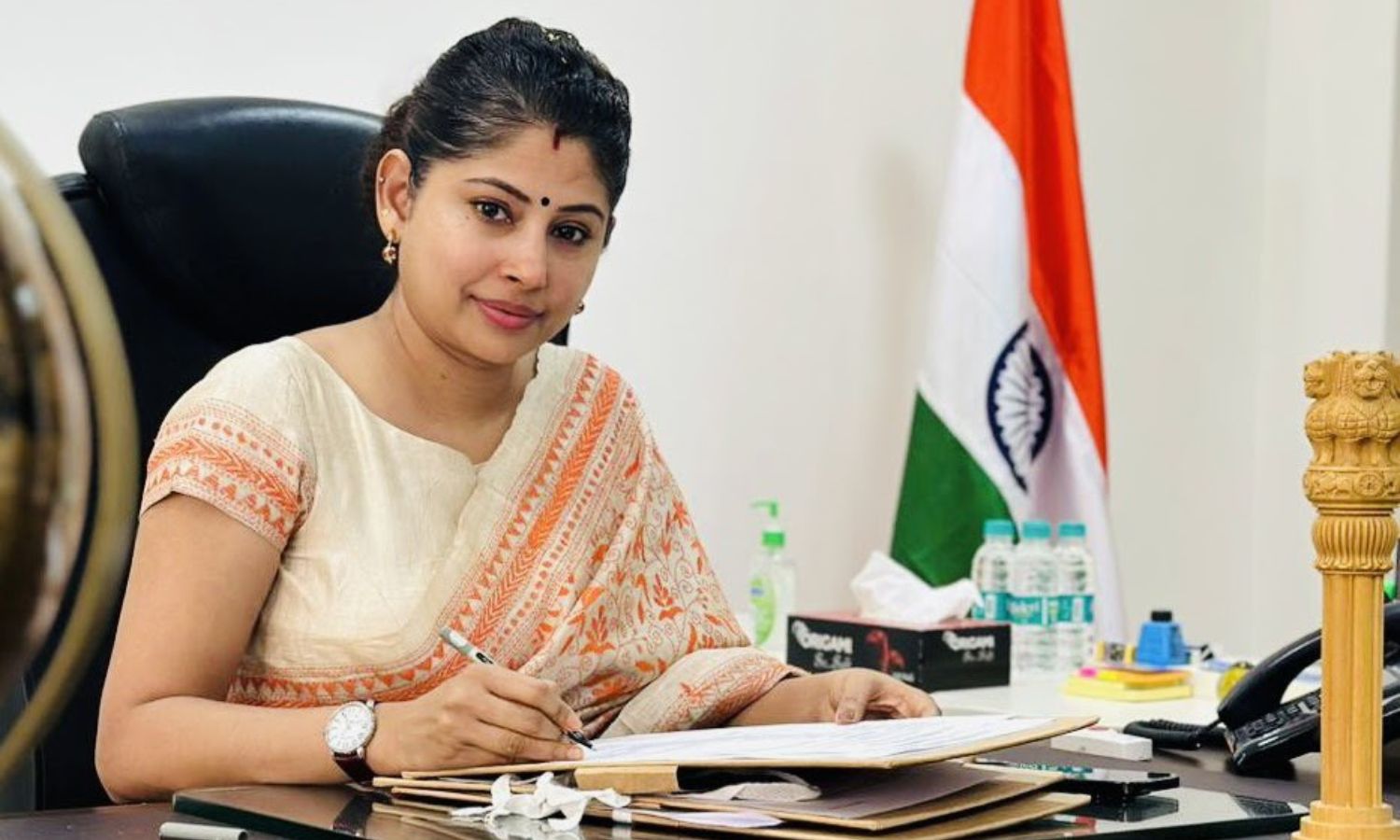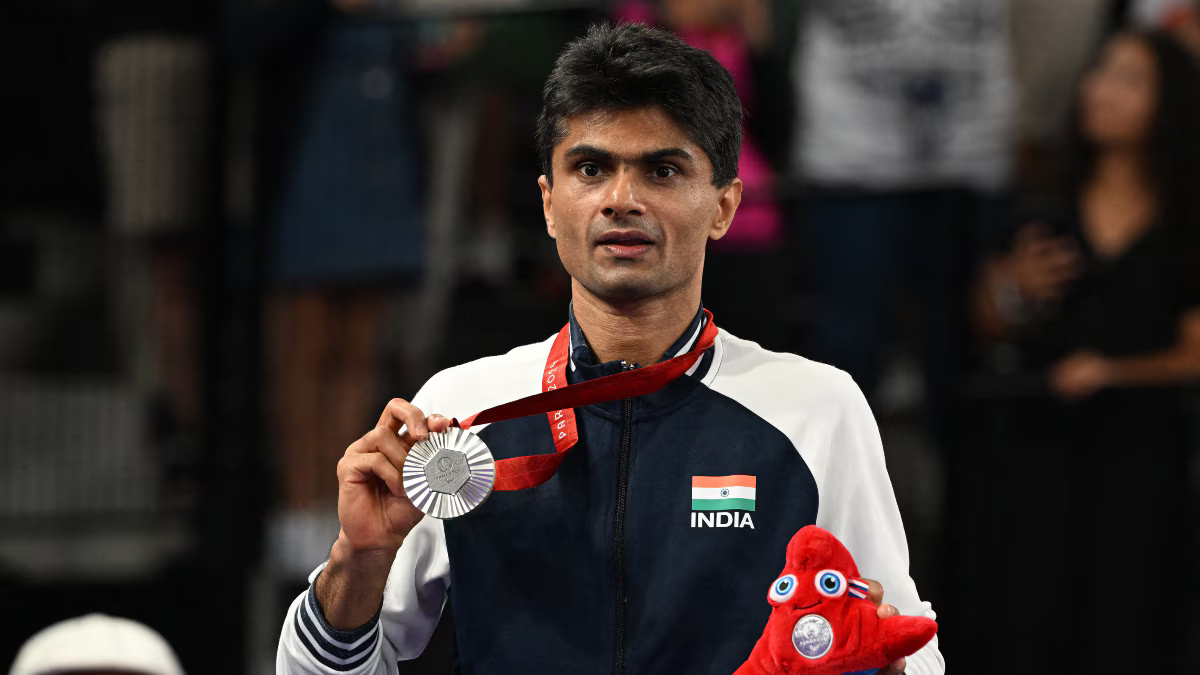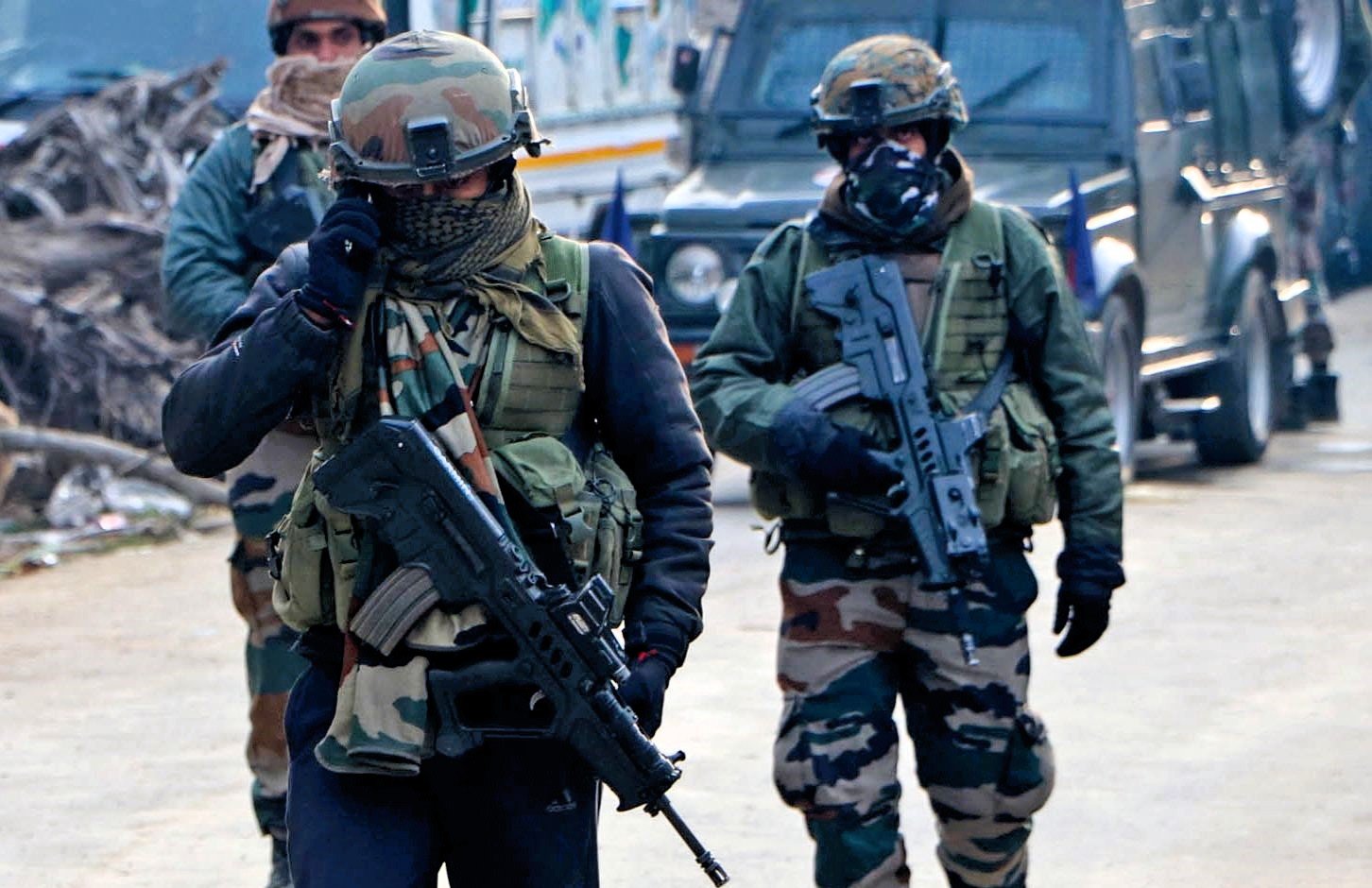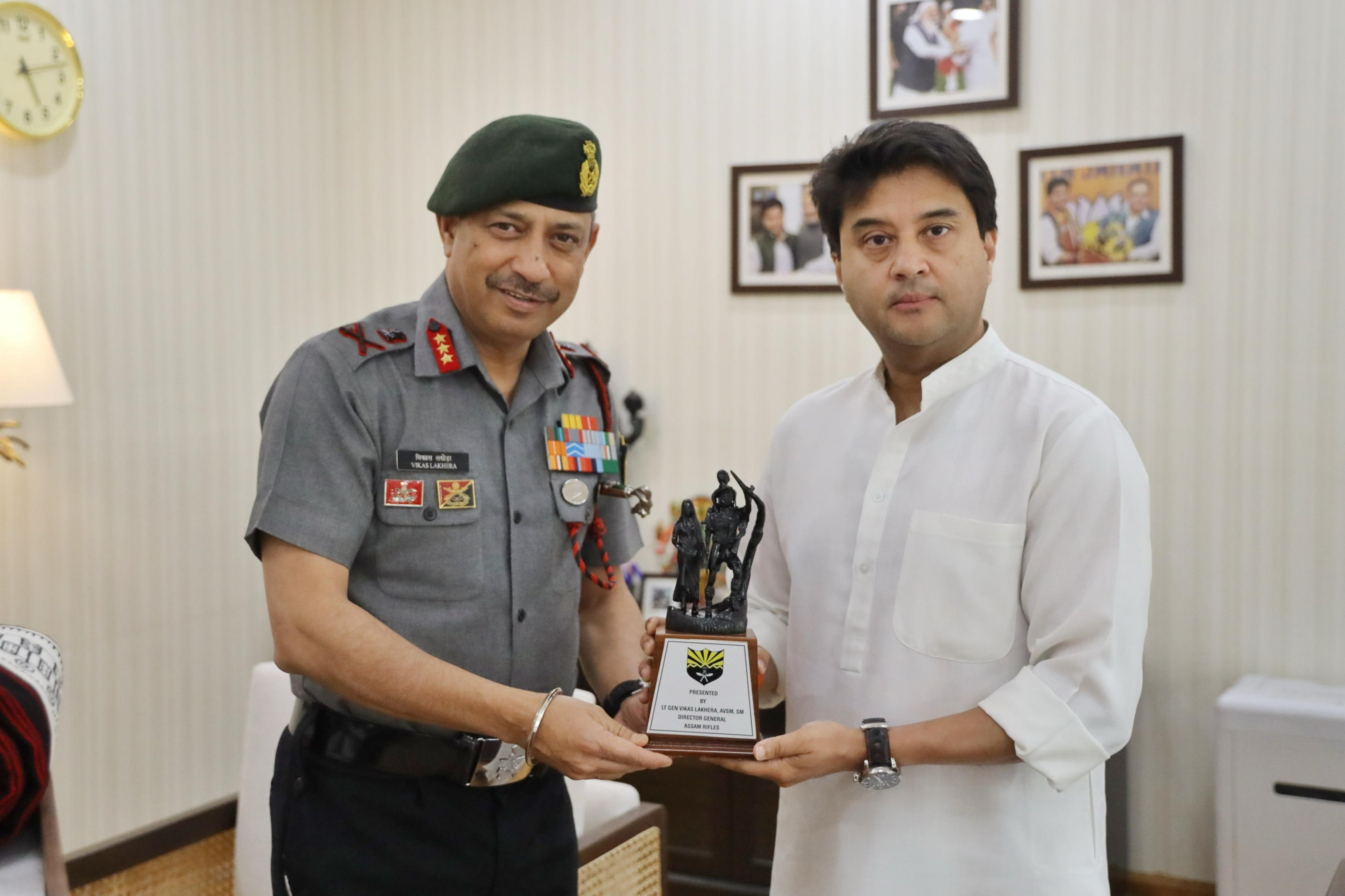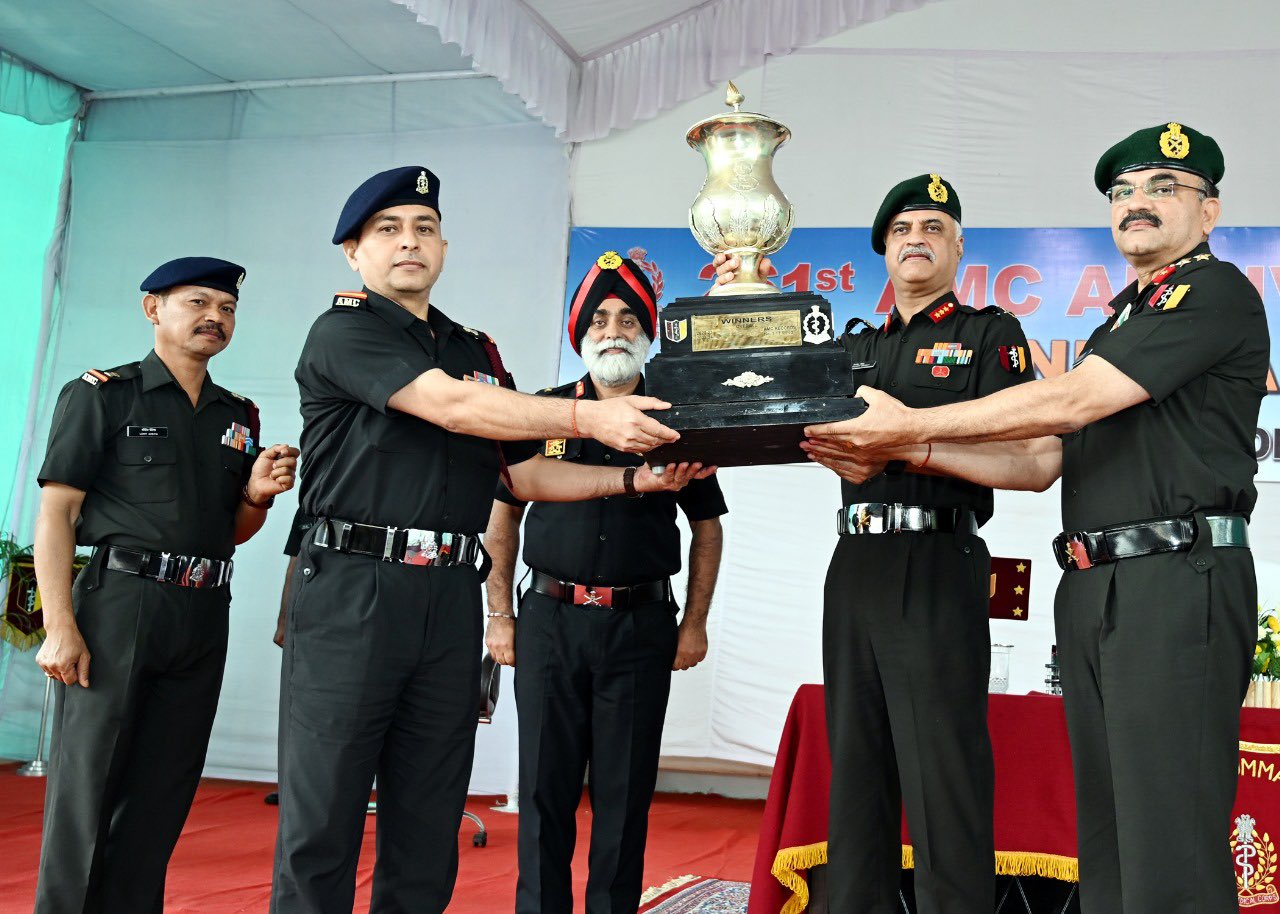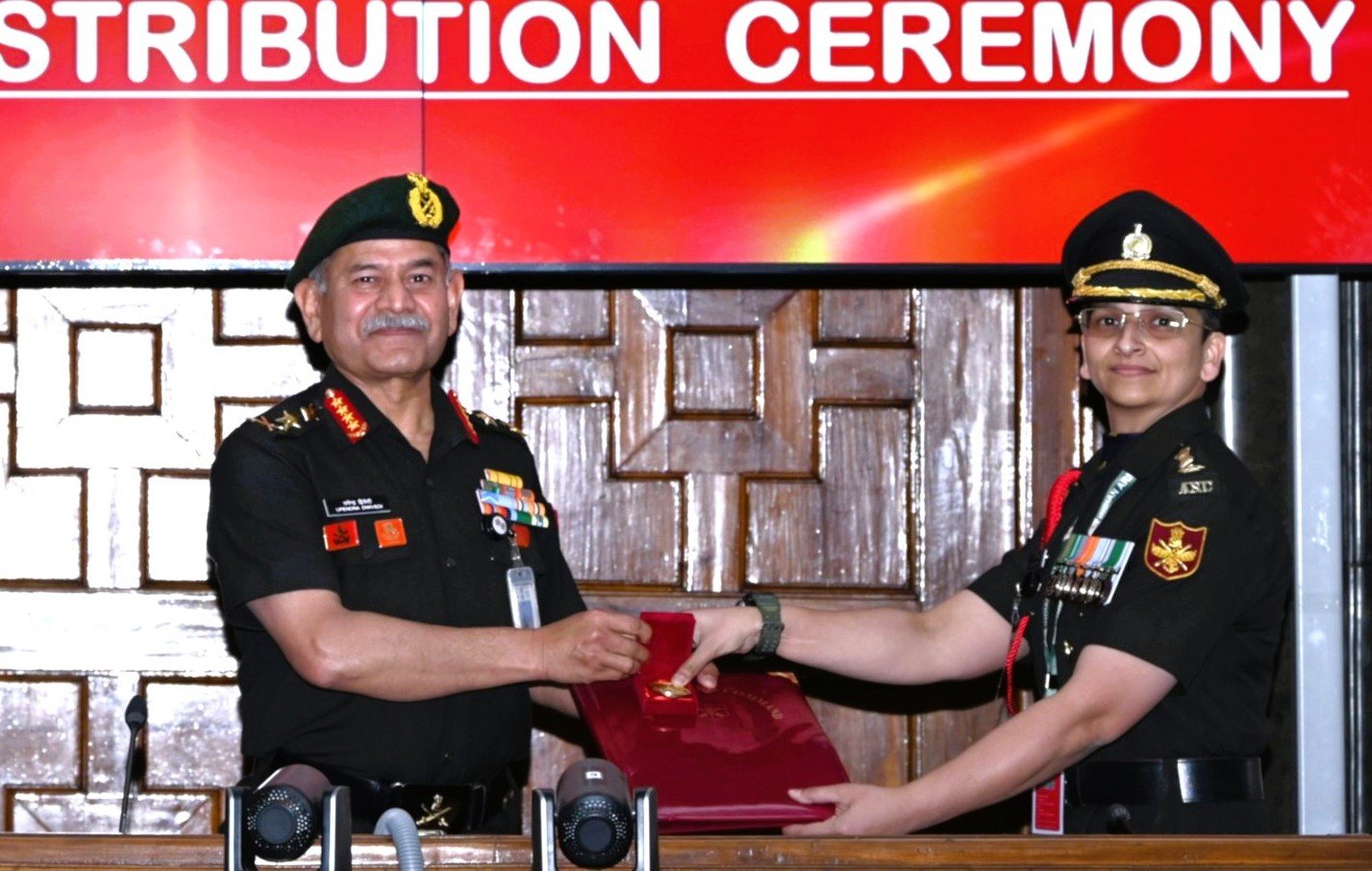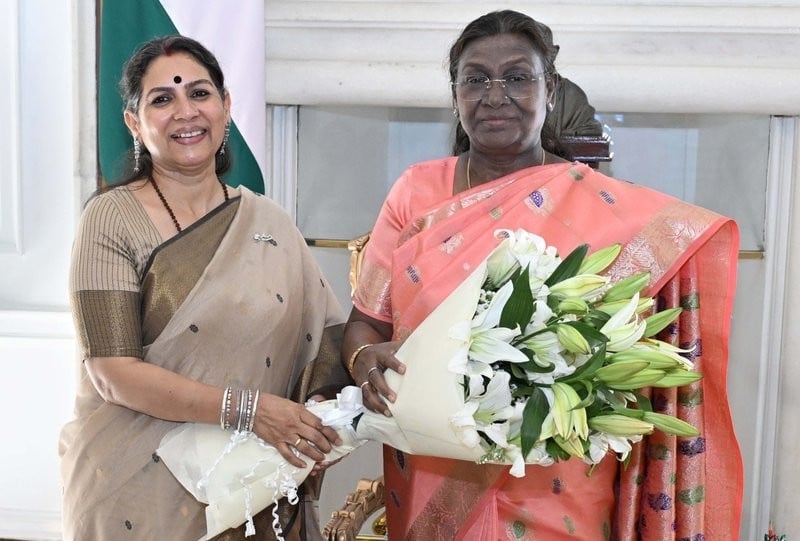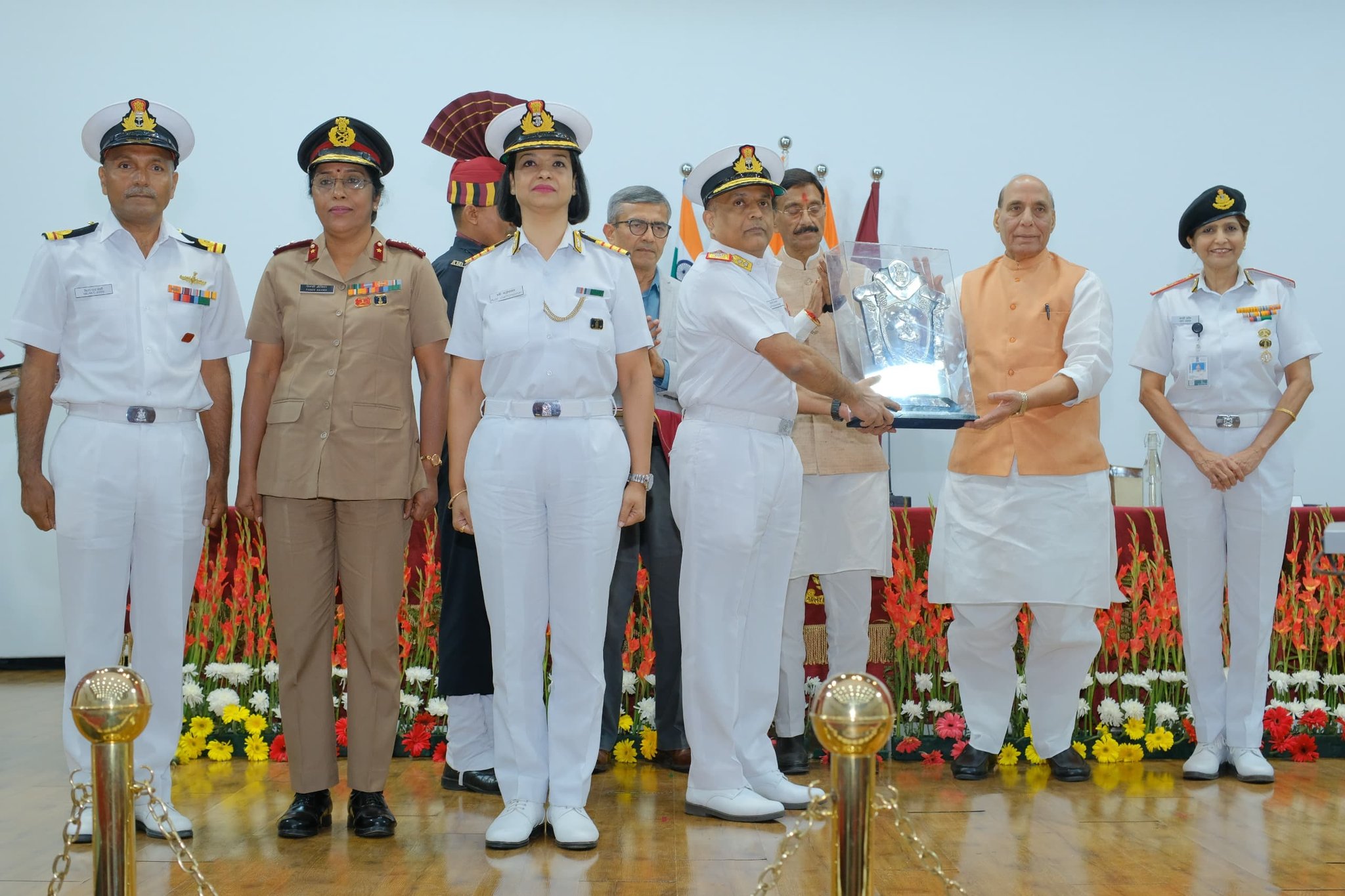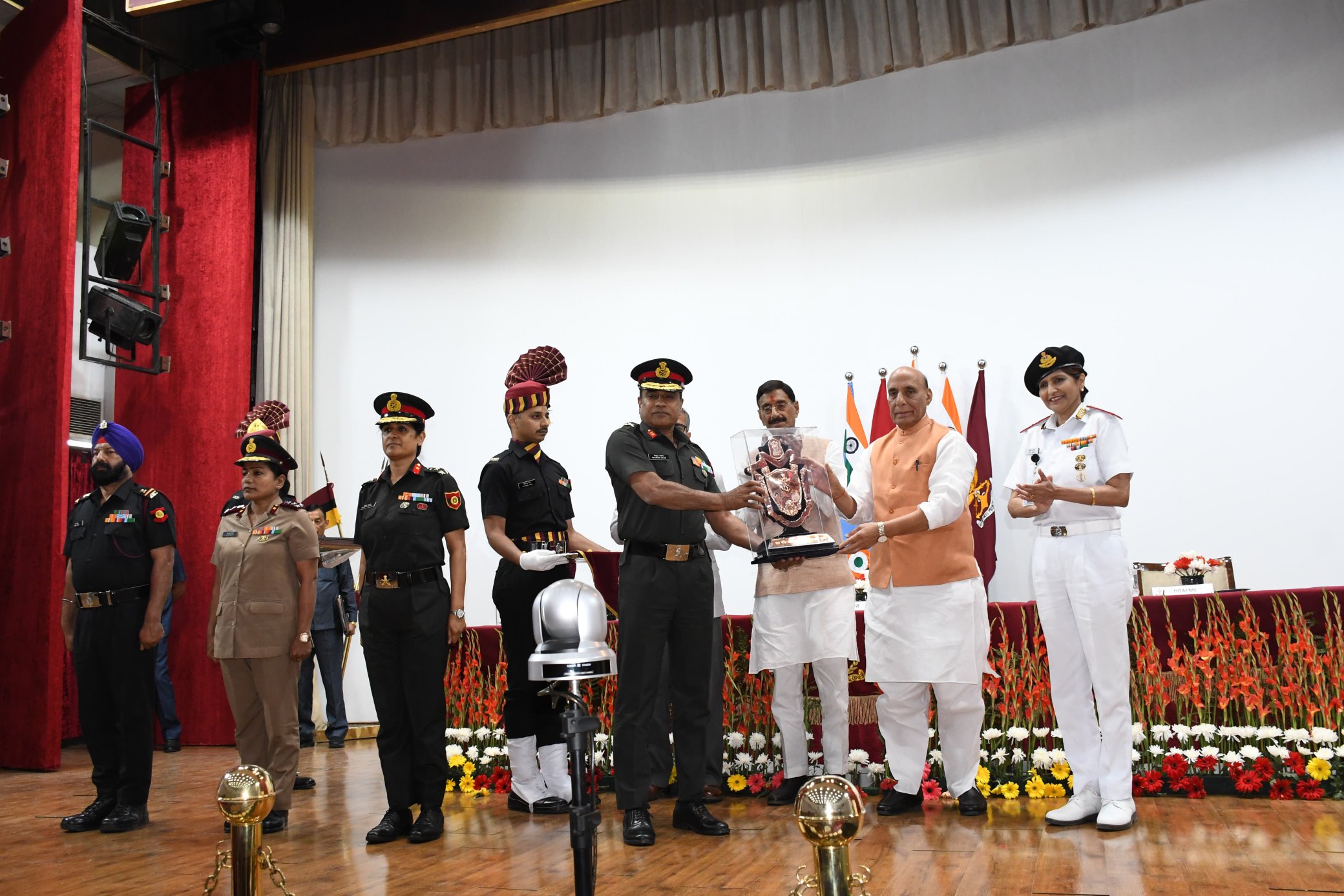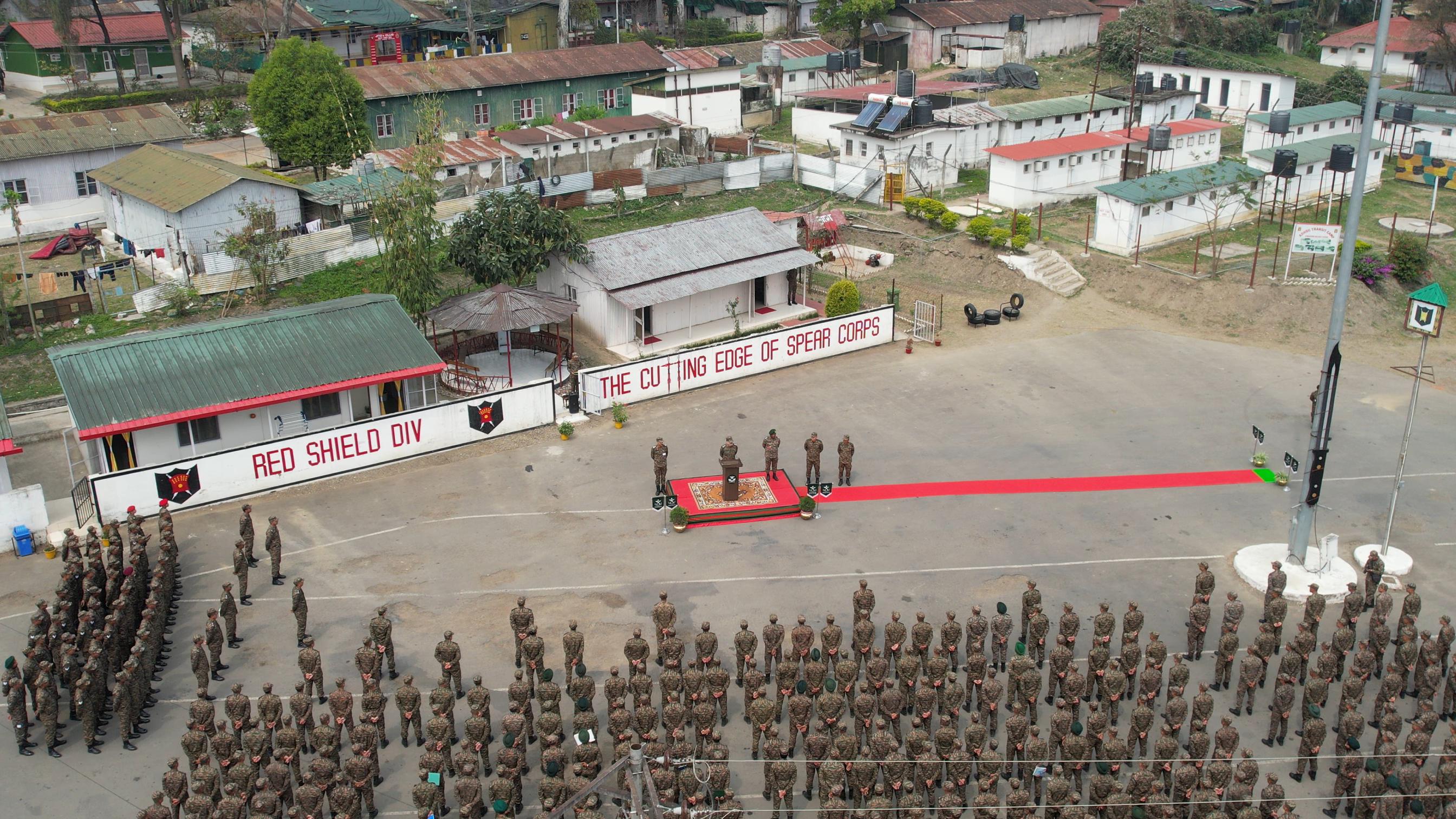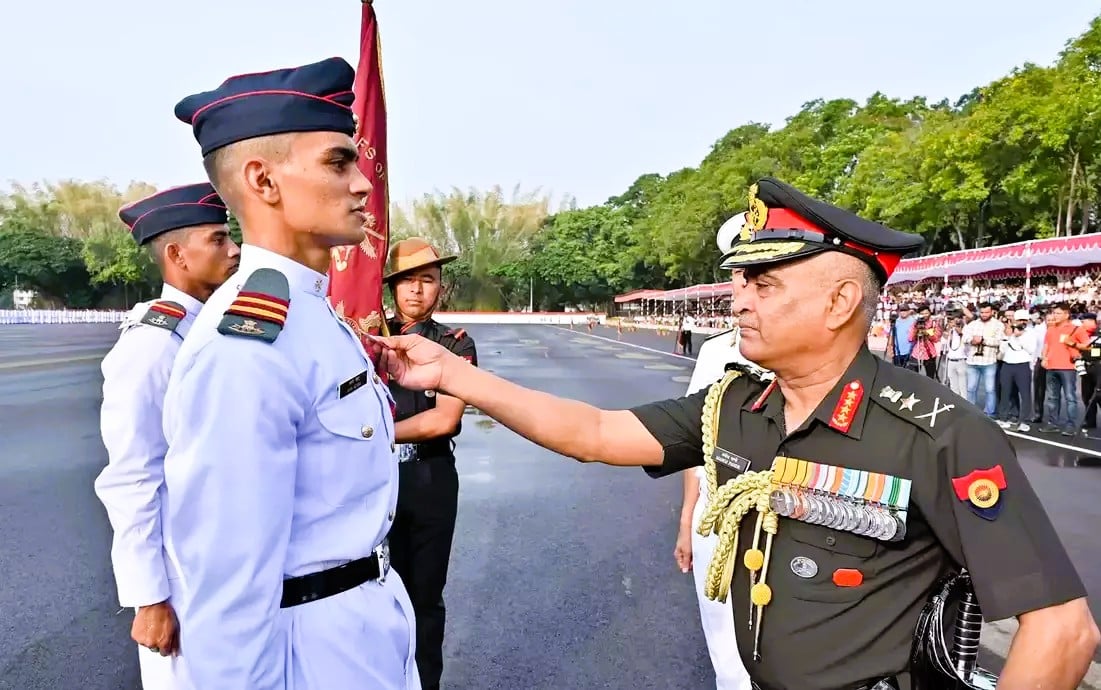A City Under Siege
Twelve years ago, on November 26 2008, a group of nine heavily armed men shocked the world after they sailed into the coast of Mumbai, on their rubber dinghies at the iconic Gateway of India, setting foot on Indian soil.
From there, they marched into the heart of the city, wreaking organised chaos at their selected targets. They had come with the sole objective of crippling Mumbai’s soul.
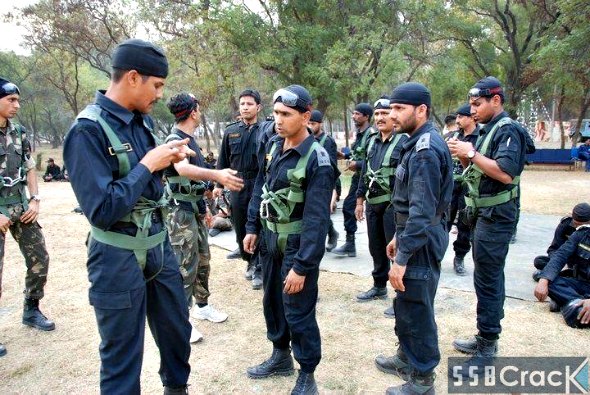
26/11 showed us pain, immeasurable human suffering, loss of life and unforgivable vulnerabilities in our security, law enforcement and intelligence infrastructure. The siege lasting three days showed us humanities worst, yet in its own twisted way, managed showcase humanities best and, resilience in the face of unimaginable carnage.
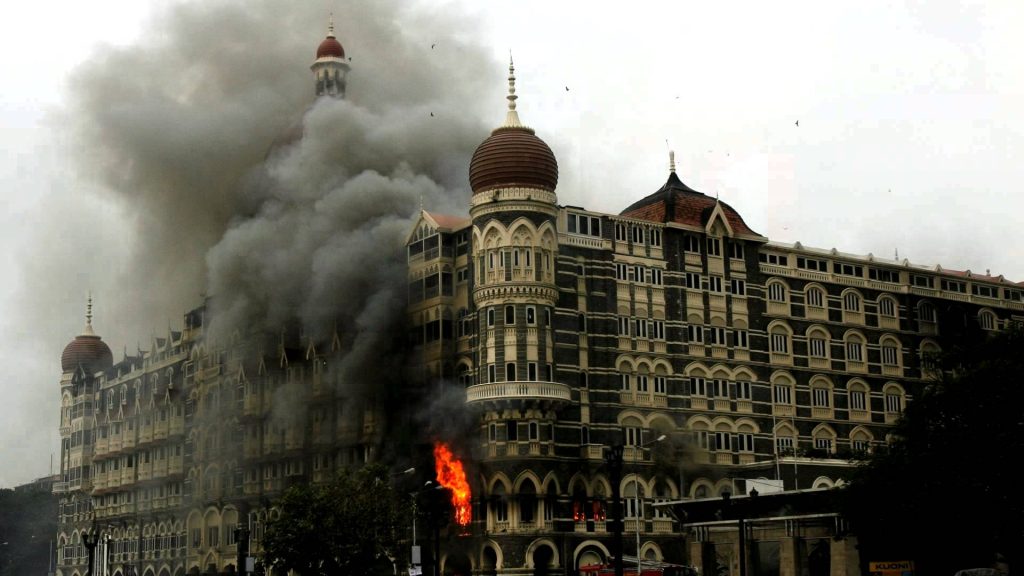
Many heroes were forged from the crucible of human tragedy, from the policemen who first responded to the situation and engaged the fleeing terrorists, with police constable Tukaram Omble successfully apprehending Ajmal Kasab the lone surviving terrorist, at the cost of his life. The employees of the Taj Hotel who despite having multiple opportunities to leave, chose to stay and save the guests, to the staff who went back into the besieged hotel despite managing to escape with their life. The civilian staff at Taj worked tirelessly, at great personal cost to maintain communication with the families of the hostages. These people showed us great character and human resolve despite being under extraordinary circumstances.
A Glimpse Into The Life Of 26/11 Hero Major Sandeep Unnikrishnan
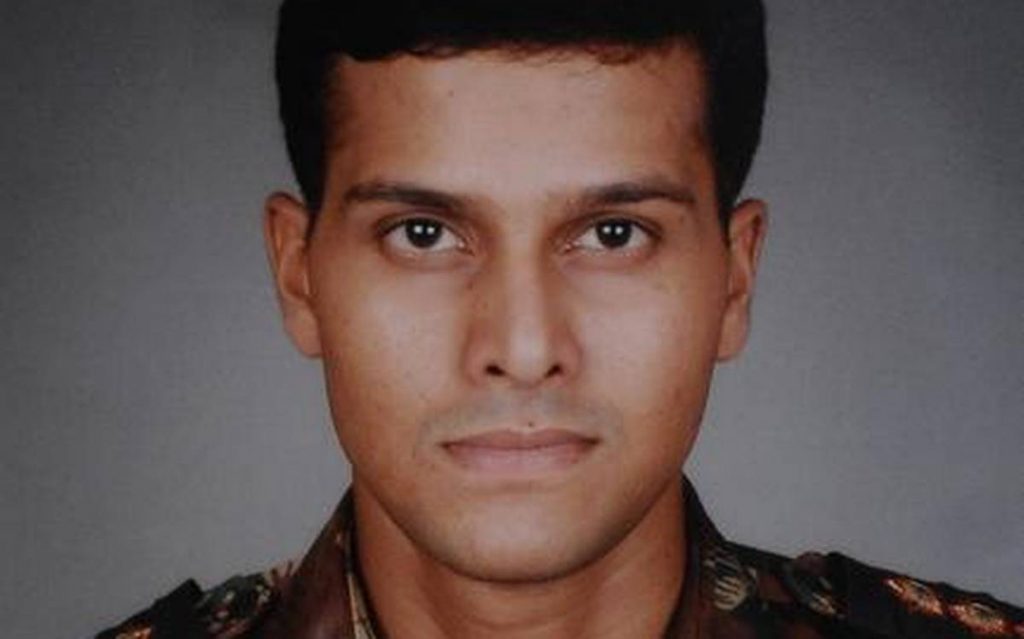
This is the story of one such hero, Major Sandeep Unnikrishnan, Team Commander of the 51 (SAG) of the NSG.
The Mumbai police were the first responders to the unfolding situation. Following the initial police response, it was realised that there was a need for a more equipped contingency and the call was made.
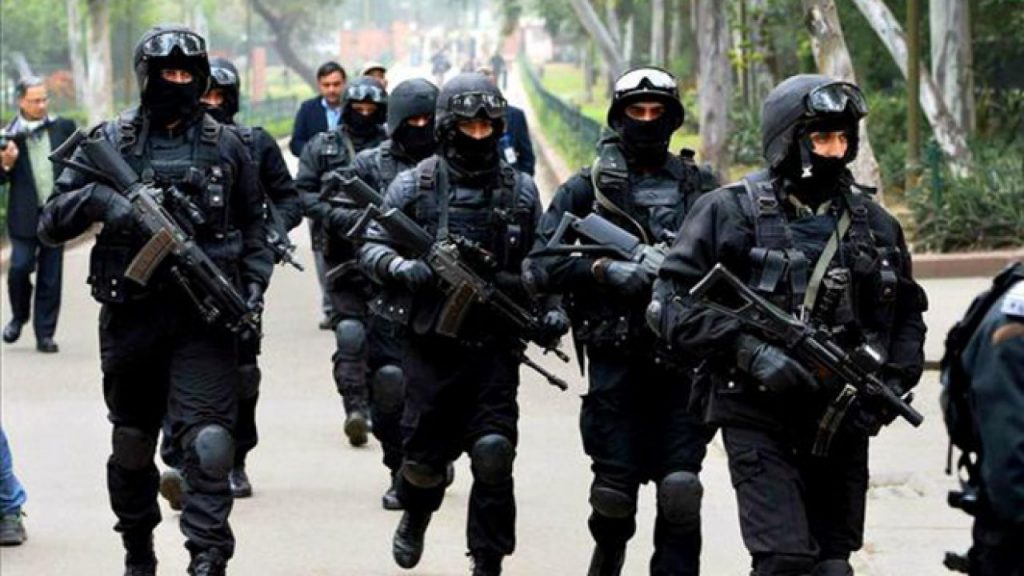
The 51 (Special Actions Group) of the National Security Guard, which is the country’s most elite Counter-terrorist unit, was flown in from their station in Maneshwer, a few kilometres from Delhi. Around 220 highly trained commandos were deployed, after being divided into three crack teams. These teams were further divided to undertake various operational responsibilities within the three groups. The NSG team responsible for conducting operations inside Taj was to be led by Major Sandeep Unnikrishnan.
Major Unnikrishnan Displayed The Hallmarks Of An Officer Early On In Life
Sandeep Unnikrishnan was born on March 15, 1977, in Bangalore. His father was a reputed scientist at the Indian Space Research Organisation (ISRO). The Unnikrishnan’s were initially from the Kozhikode district of Kerala however had settled in Bangalore for a long time. Sandeep started his schooling at the reputed Frank Anthony Public School in Bangalore.
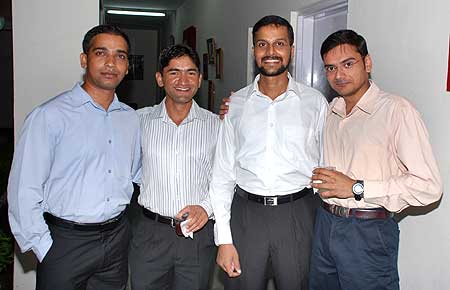
Joining the Indian Army was Sandeep’s childhood dream. His passion was evident through his military-style haircut (crewcut), which he sported throughout his time in school. Sandeep was an ace athlete right from his school days, winning many medals throughout his time at Frank Anthony. Not only renowned as the school athlete the young student was also brilliant in academics and was even a member of his school choir. Till this day Sandeep is remembered by his school authorities as an exceptional singer.
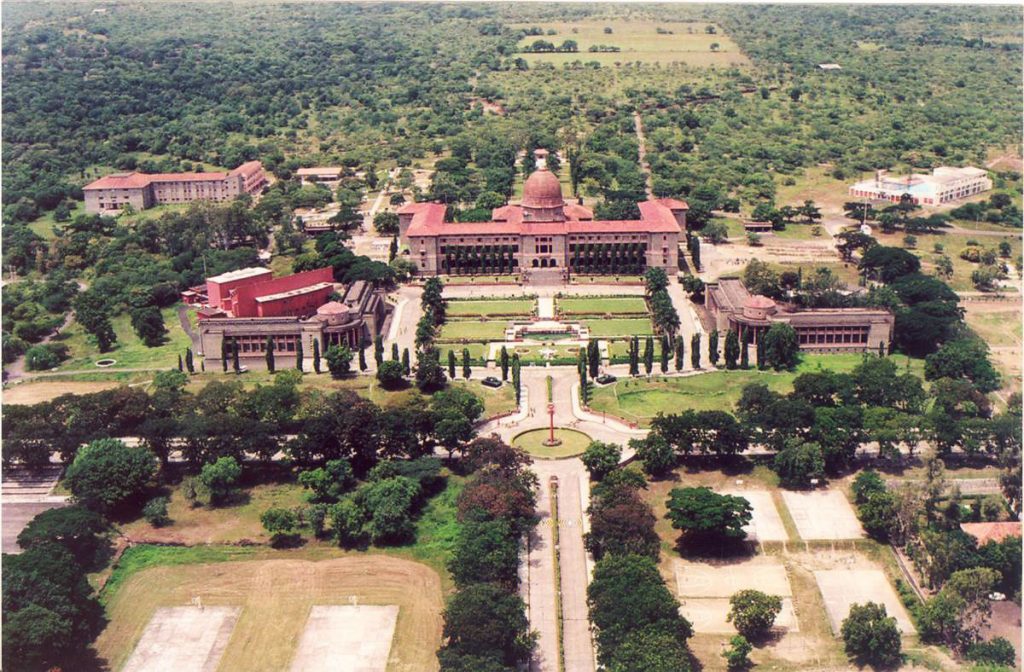
Sandeep’s dream of joining the Army never faded, not even in the slightest. After completing his schooling he had applied to India’s premier tri-services college, the National Defence Academy in Khadakwasla, Pune. Clearing both the exam and gruelling five day SSB procedure, he joined the prestigious military academy in 1995 and became a part of the Oscar Squadron in the 94th course of the NDA.
He is fondly remembered as one of the finest cadets the NDA had ever produced. Sandeep’s drill instructors and course mates still remember him as a courageous, generous and selfless human being, who had always put the concern of others before him, something he did till his last breath.
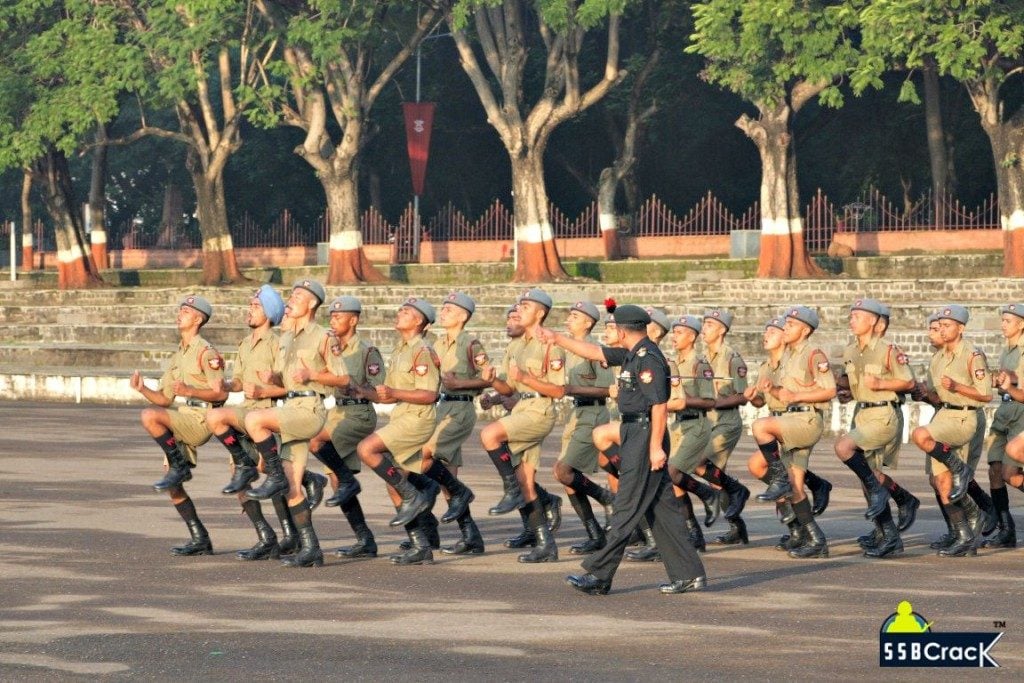
A Heartwarming Anecdote From A Martyrs Life
An incident his course mates vividly remember from his academy days, gives us a glimpse of his character. The Oscar squadron, as part of an outdoor exercise had been tasked to climb up the Singhaad fort in Pune. The weather was horrible and it was raining profusely. The gentlemen cadets had to climb to the top of the fort and refill their canteens from the natural spring there. Sandeep being a phenomenal physical specimen, was the first to the top. Exhausted, he had bent to fill up his canteen, when the young cadet heard a tourist turn toward him to ask him if he could fill his bottle.
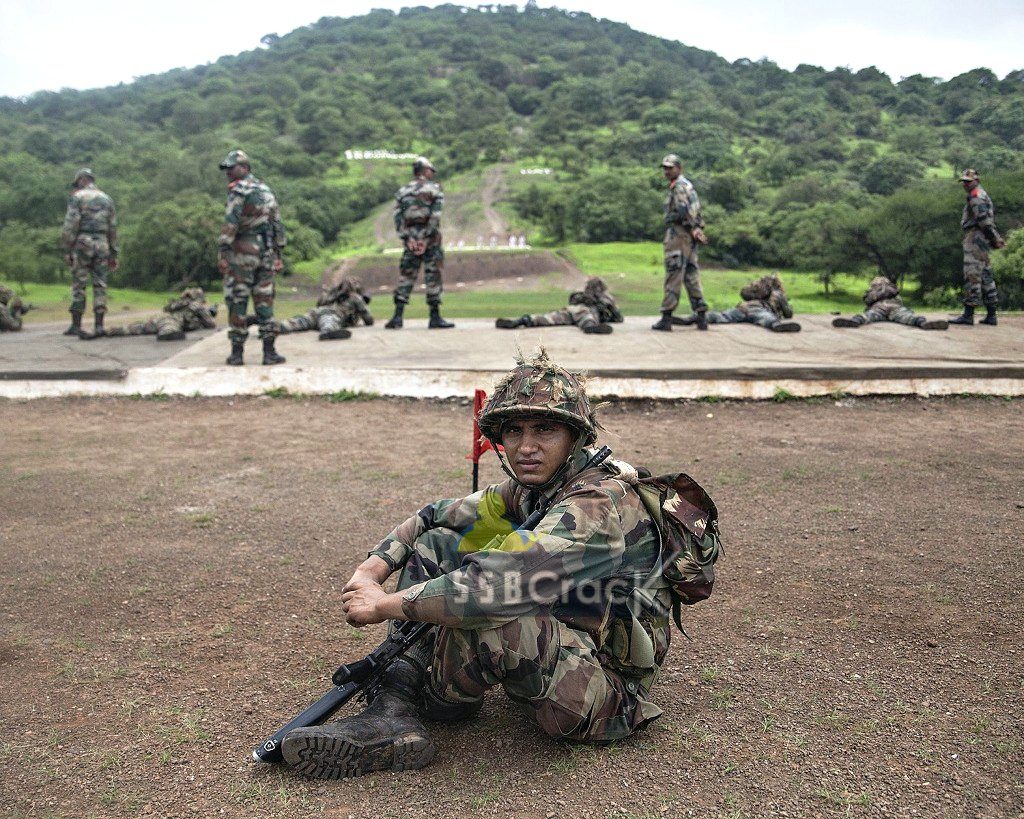
Sandeep, despite being fatigued, nearly to the brink of collapsing, happily obliged. Before he could get back to filling his canteen, another tourist approached him with the same request, he happily obliged. Within minutes, all of the tourists who had come to visit the fort collected behind him for water! Sandeep kept smiling and filling their bottles. When all the tourists were finally done, it was time for the squadron to move on or else they would fall behind their schedule. In this entire episode, GC Sandeep never got to fill his canteen. What his coursemates remember to this date is the fact that his smile and compassion did not fade despite having every reason too.
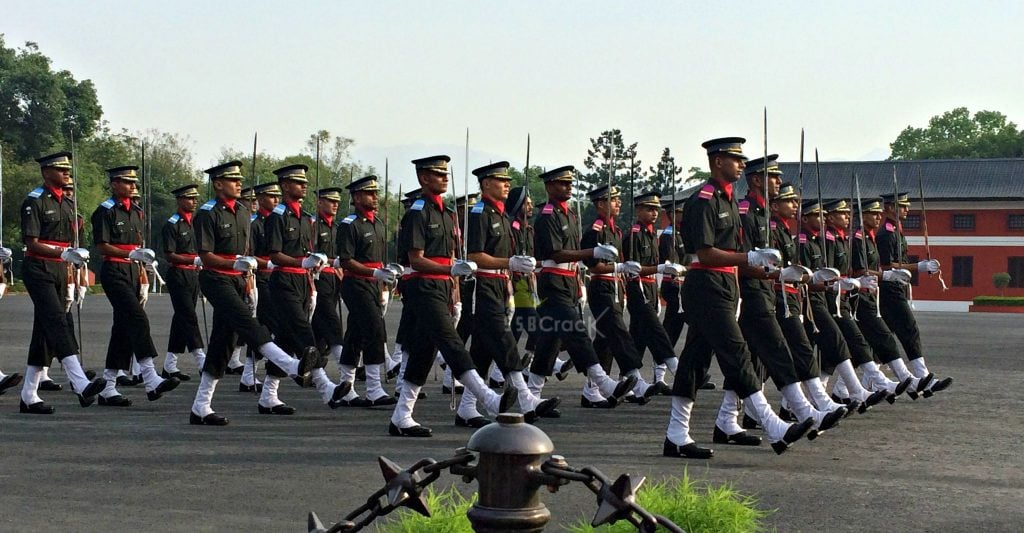
He Developed An Expertise In Tracking Terrorists
His kind nature and sense of humour were in total contrast to his persona as a ruthless soldier and officer of the countries most elite counter-terrorist unit. After graduating from the NDA on July 12, 1999, he went for his pre-commission training at the Indian Military Academy (IMA) in Dehradun. Following his training in Dehradun, Sandeep was commissioned into the 7th Battalion of the Bihar Regiment. As a freshly minted Lieutenant, the young officer saw combat in Jammu and Kashmir. it was during his stint in the valley did the young officer discover his talent in counter-terrorism. Throughout his deployment, he developed expertise in tracking extremists and leading counter-terror operations.
Part Of Operation Vijay
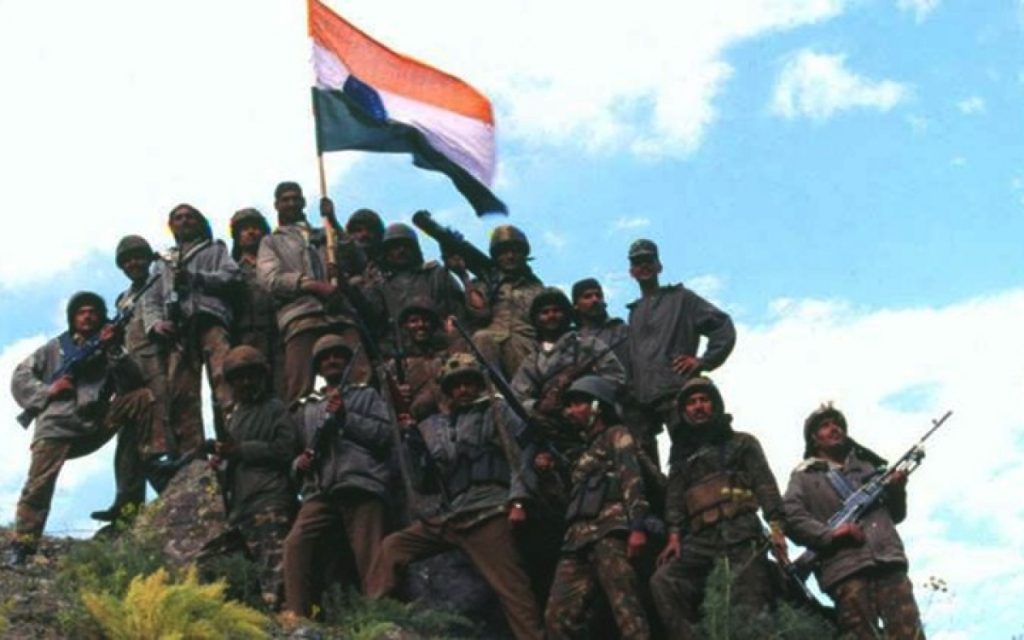
Sandeep was a part of the iconic ‘Operation Vijay’ during the Kargil conflict, which was launched to take out Pakistani Army and paramilitary intruders who had crossed into Indian territory. The young Bihar regiment officer was in charge of setting up a forward post approximately 200 metres away from enemy lines; this high-risk task to be accomplished in the face of heavy artillery shelling and small arms fire by the Pakistani side.
His daredevil actions in Kargil was a cornerstone in his military career. Reviewing his record and expertise in the field combined with his performance at the Commando Scool in Belgaum, the young but battle-hardened was shortlisted to join the elite National Security Guard.
Major Unnikrishnan was placed into the Special Actions Groups which is the cutting edge of the black cats. The 51 SAG draws exclusively from the Army. Sandeep became an elite counter-terror operator in 2007 and dove right into the thick of active operations.
Got Called Into Action In Just 90 Days Of Being Inducted Into The NSG
Major Sandeep Unnikrishnan received his most important call to duty on the night of November 27 2008, only 90 days after taking over the unit. The 51 SAG of the NSG arrived at Mumbai, to rescue the hostages and neutralise the terrorists.
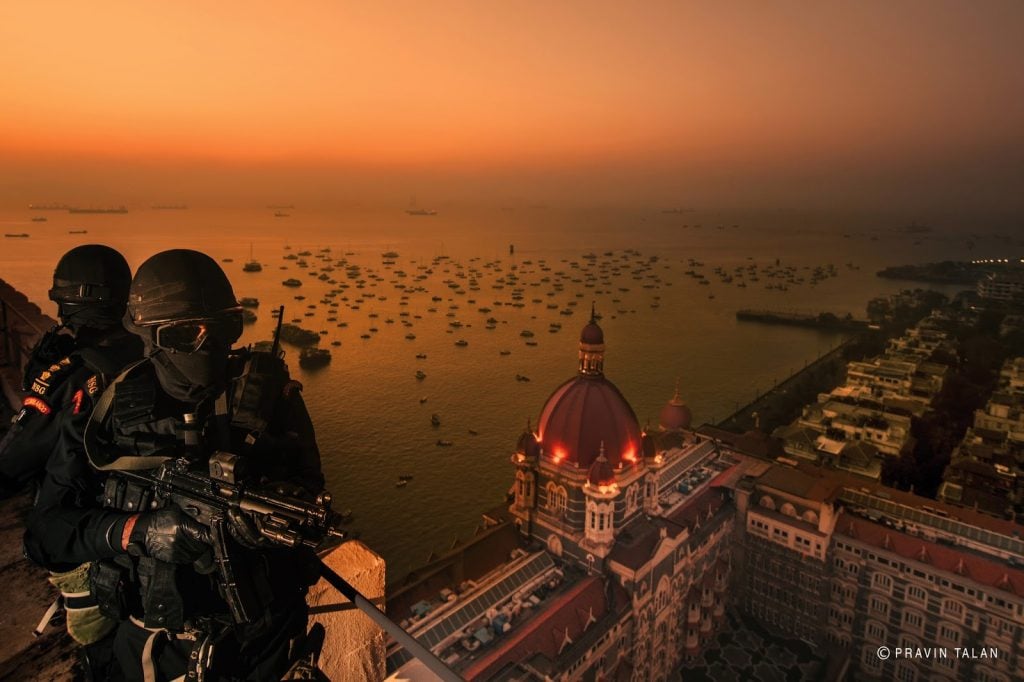
The Taj Operations were highly complex, as no special operations rescue mission in the last three decades involved more than a thousand rooms. Every single room could have had the possibility of having a hostage, a terrorist, both or none. A ‘hostile room breach’, an unviable option, as it involved breaching the door throwing a flash or concussion grenade, then opening fire in that room to eliminate hostiles. Such a tactical manoeuvre would put the hostages in danger. Thus, the whole operation had to rely on split-second tactical decisions, which put the team at risk.
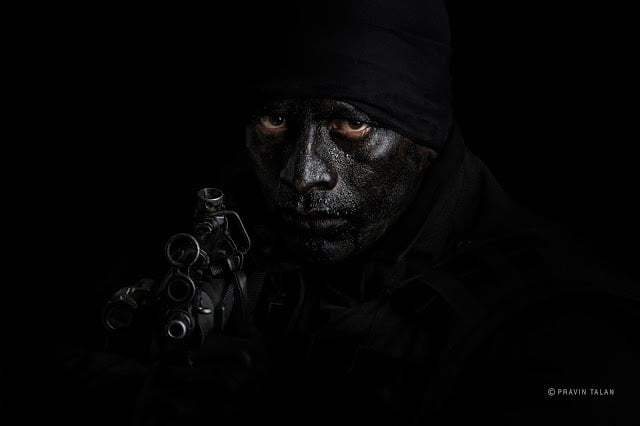
The NSG was sent into the operation blind without adequate pieces of critical intelligence such as the hotel layout, floorplans, AC duct capacity or location of the terrorists, hostages. Being a leader of an intervention unit, the lack of such intel was dangerous for the team, in fact, it was a nightmare at the tactical level. To add to the complications was the facts that the NSG had until then only trained for single operations. However, during the Mumbai attacks, there was a need for three simultaneous operations. To add to the complication was the fact the commandos only had the equipment profile, communication, command and control structure of only one operation. For an operation involving 1000 plus rooms, the commando’s had to go in with their hands tied.
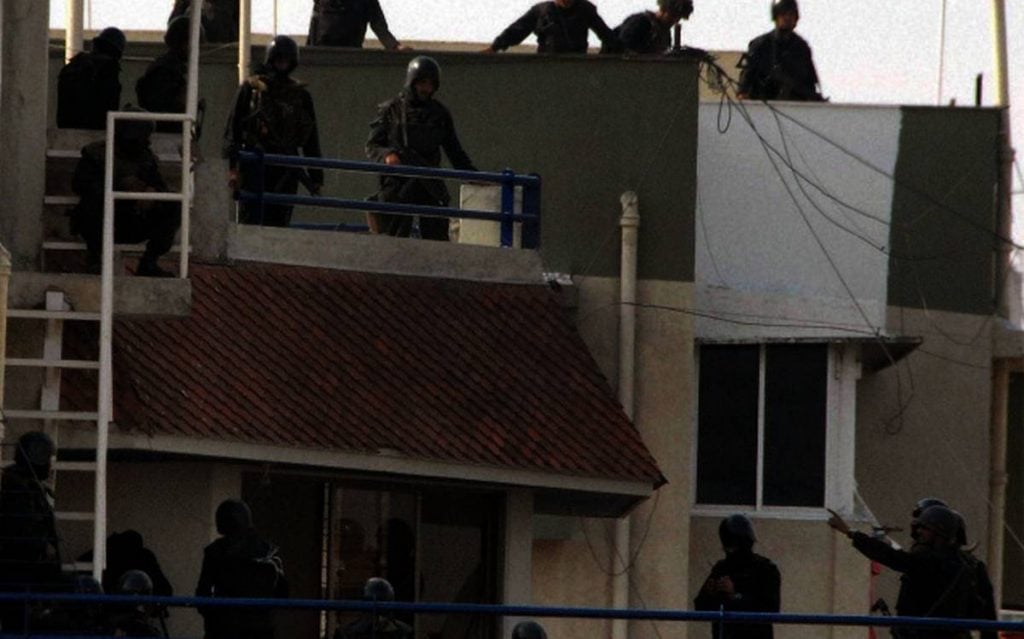
Major Unnikrishnan was tasked to lead one of the three teams. His team was responsible for rescuing the hostages and eliminating the threat at the Taj Hotel. The Lashkar-e-Taiba terrorists had taken most of the hotel staff and guests as hostages, using hotels many rooms to their tactical advantage. Major Unnikrishnan and his team stormed into the building and took up fighting positions. As Major Unnikrishans team searched the hotel lobby, they saw corpses littered all over the floor. Major Unnikrishnan realised that the terrorists had moved up and had taken up posts on the upper floors.
Major Unnikrishnan and his team of ten commandos acknowledging the immediate threat to their lives marched right up the staircase, ascending to the top of the hotel in a tactical manner. Sandeep felt a presence, immediately after setting foot on the third floor, The counter-terrorist teams started combing the rooms. They suddenly heard the sound of whispering coming from a cabin. The commandos realised that the three terrorists were hiding behind the door with civilian hostages.
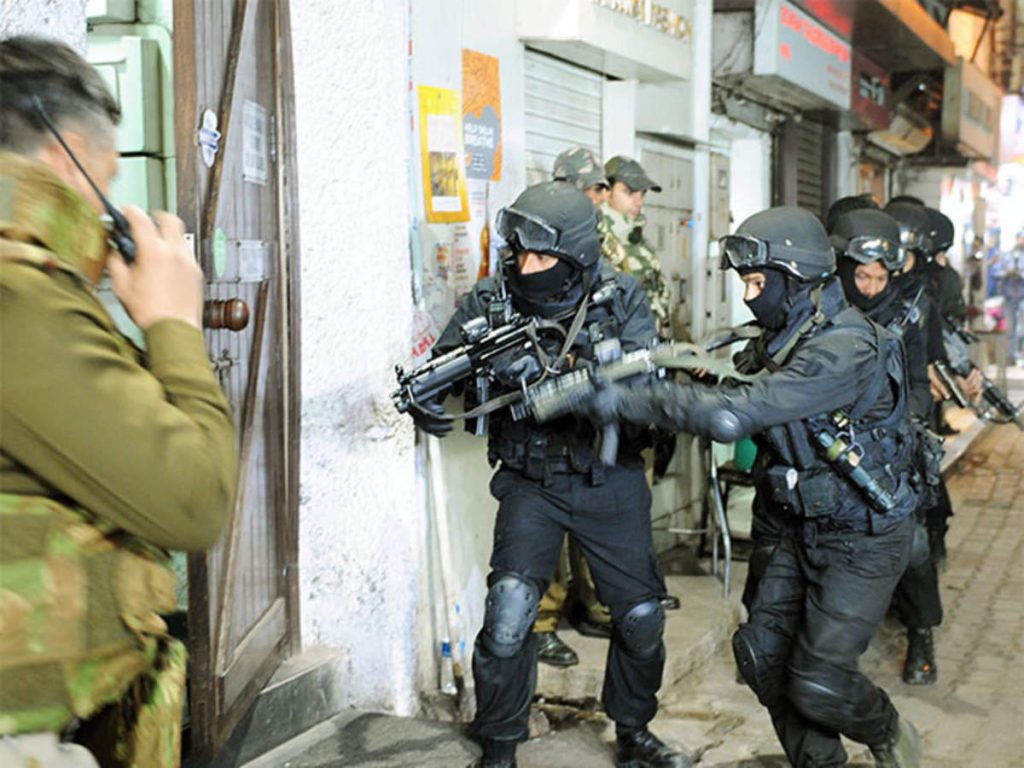
The quick-thinking officer formulated a plan and breached, but the moment the team crashed through the door the terrorists opened fire on the commandos. Sandeep’s teammate and buddy Sunil Yadav was greiviouly injured in the ensuing exchange of automatic fire. Without thinking twice Major Unnikrishnan jumped in front of his friend, giving the other commandos the required cover to escort him out of the line of fire. The terrorists capitalised on thIS opportunity and fled from the room. Major Unnikrishnan made sure Commando Yadav was evacuated and then proceeded to go after the militants, who had gone up the stairs to strengthen their positions.
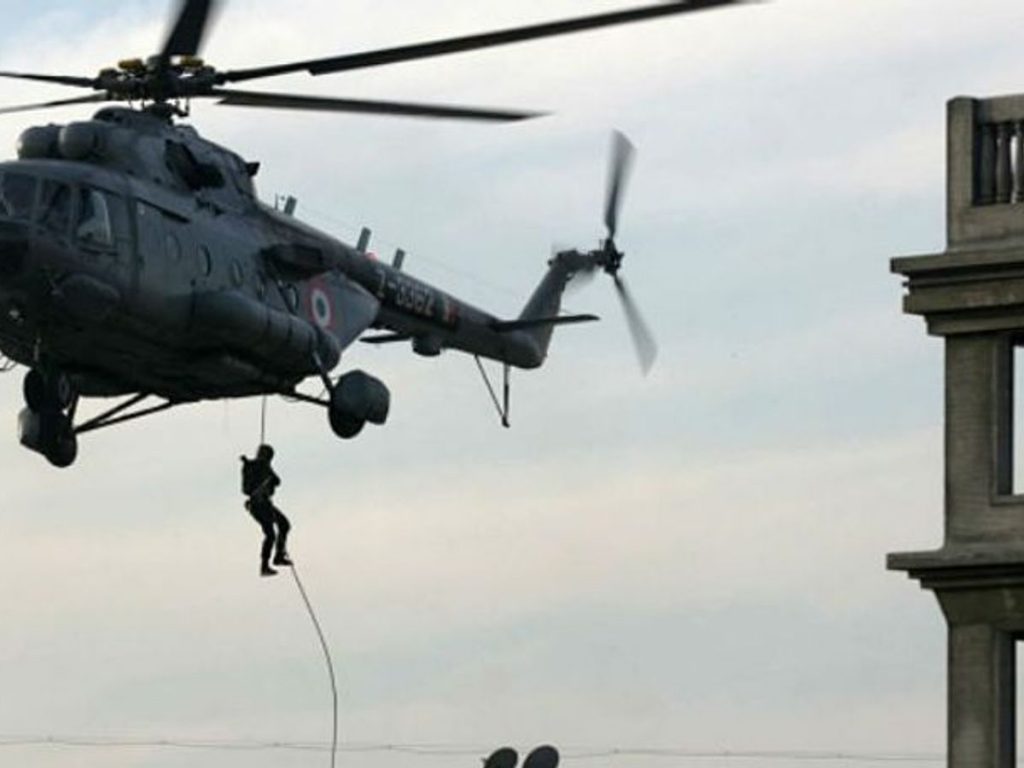
Like a man possessed the NSG officer chased them to the next floor! He spotted one of the terrorists running towards a hiding place, The Commando charged at the terrorist and opened fired, the terrorist too returned a hail of fire at Major Unnikrishnan. During this fierce exchange, another militant who was the first to climb up the staircase managed sneaked up behind Major Unnikrishnan, and violently unloaded an entire cartridge of automatic rifle fire on Sandeep. Major Unnikrishnan knowing that he wont make it held on for a few more seconds, managing to severely wound both the terrorists. The NSG officer was rapidly losing blood, lost grip over his rifle and eventually succumbed to his injuries.
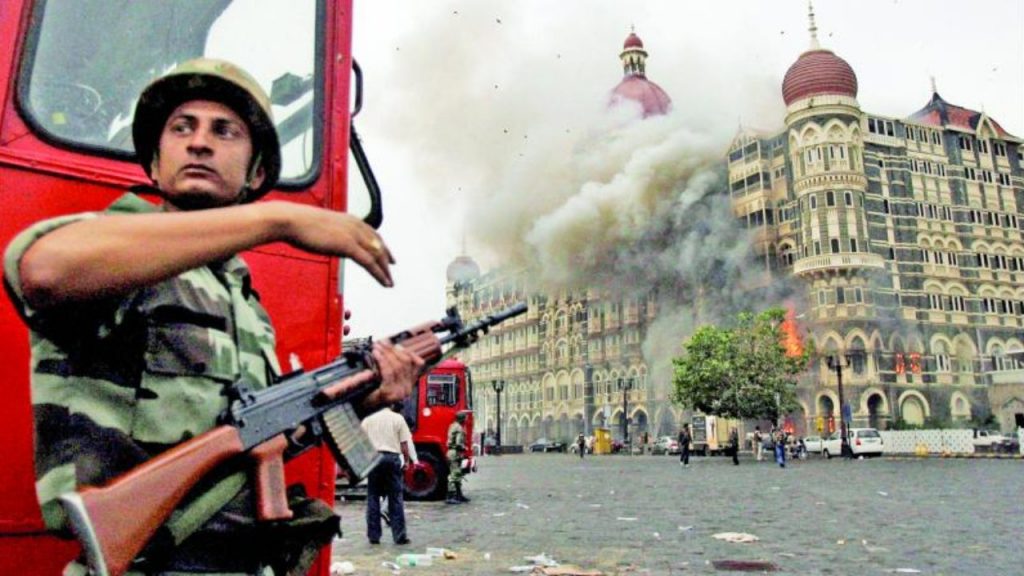
The NSG neutralised all the terrorists in Taj Hotel, Oberoi Hotel and Trident Hotel, there was not a single civilian casualty after they started to conduct their operations. Operation black thunder as the NSG operation was called, is widely regarded to be one of the world’s most successful counter-terrorist operations in the world, such that 29 elite units from across the globe have trained alongside the NSG to understand how they executed the mission despite the logistical and intel difficulties.
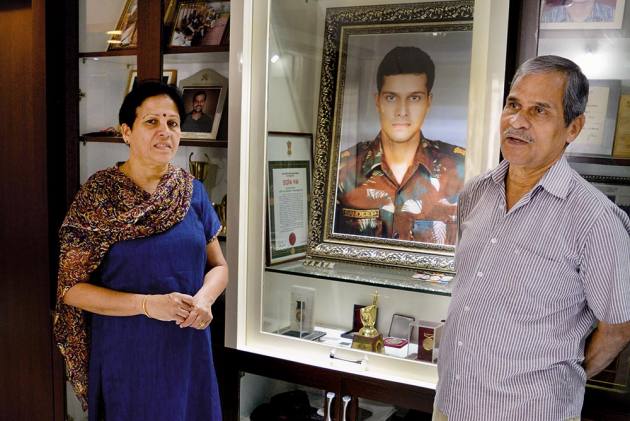
Major Sandeep Unnikrishnan was posthumously awarded the Ashok Chakra, India’s highest peacetime gallantry award on January 26, 2009. The Special Operation officer was the first officer from the NSG to lose his life in the line of duty. His dedicated service to the nation has over the past decade inspired many young men to join the services.


